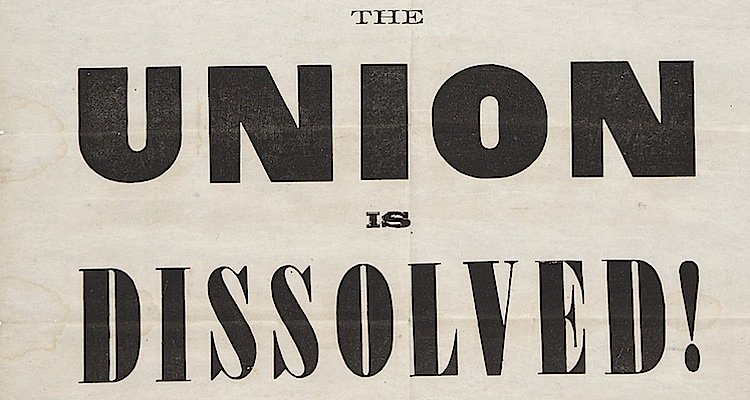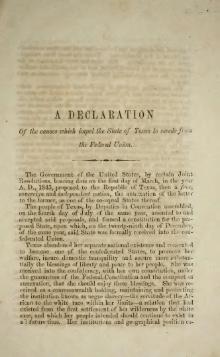
Love @SpencerWMcBride's thread here on practical steps *individuals* can take at conferences like @SHEARites to help people feel welcome (even as we advocate for structural changes). Thought I might add a few ideas to the list. #SHEAR2021 /1
https://twitter.com/SpencerWMcBride/status/1416052423408316416
Resolve to meet one new person each day of the conference. Maybe that person is a brand new MA student. Maybe they're a long-established scholar. Regardless, everyone needs to feel like they're connected. /2
Invite someone when you are planning to go out for a meal. We all have those moments when we're standing around trying to figure out lunch. Just look around. You'll see someone alone, guaranteed. Unless the meal is *personal,* there's rarely reason not to include more. /3
Are you fully funded for this conference? Then you almost certainly can afford to buy something for someone who isn't. Offer to buy a meal for a grad student, or a coffee for a contingent colleague, or one book for a prof from a small underfunded school. /4
If you're funded, and you're willing to share a room with someone, offer to let an unfunded colleague stay with you. Big costs like travel/lodging are the things that keep most people from conferencing. Free room=huge barrier removed. /5
In summary, follow the Golden Rule for conferences. If you were alone, or shy, or lacked confidence, or underfunded, what would you want someone to do for you? Got the answer in your mind? Now, do that thing for someone else.
Can't wait for @SHEARites in New Orleans! /end
Can't wait for @SHEARites in New Orleans! /end
• • •
Missing some Tweet in this thread? You can try to
force a refresh











